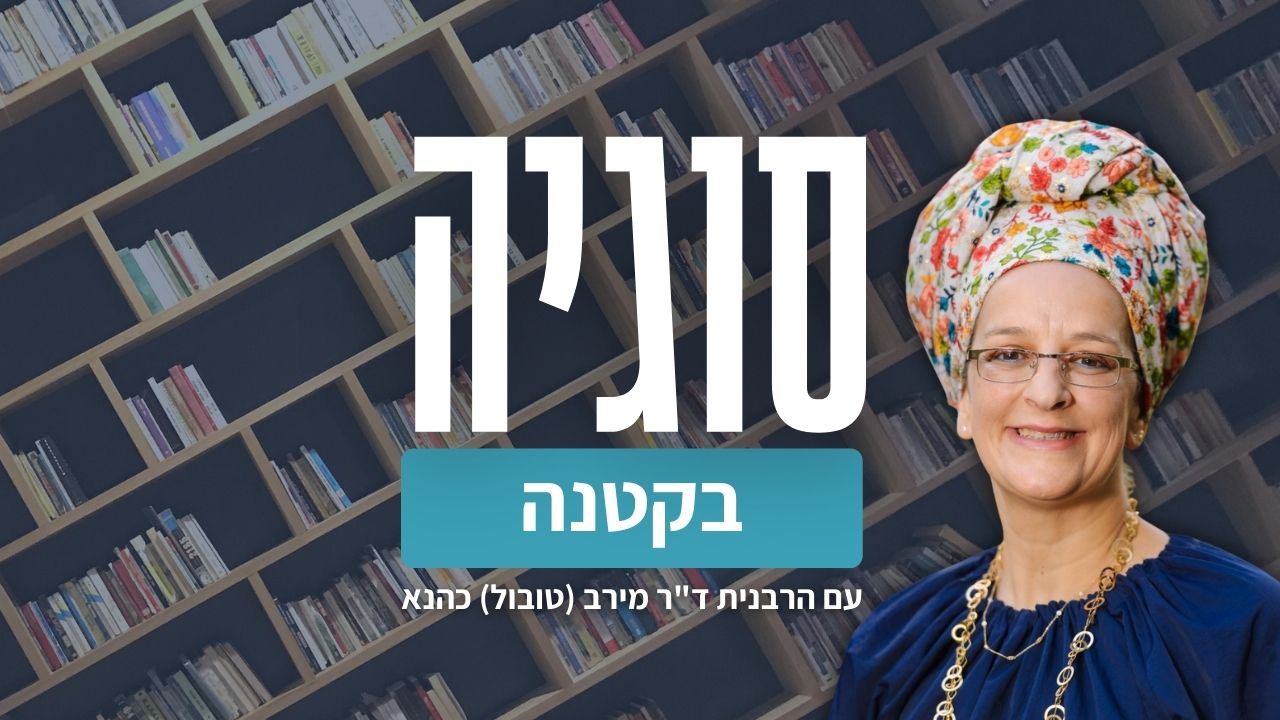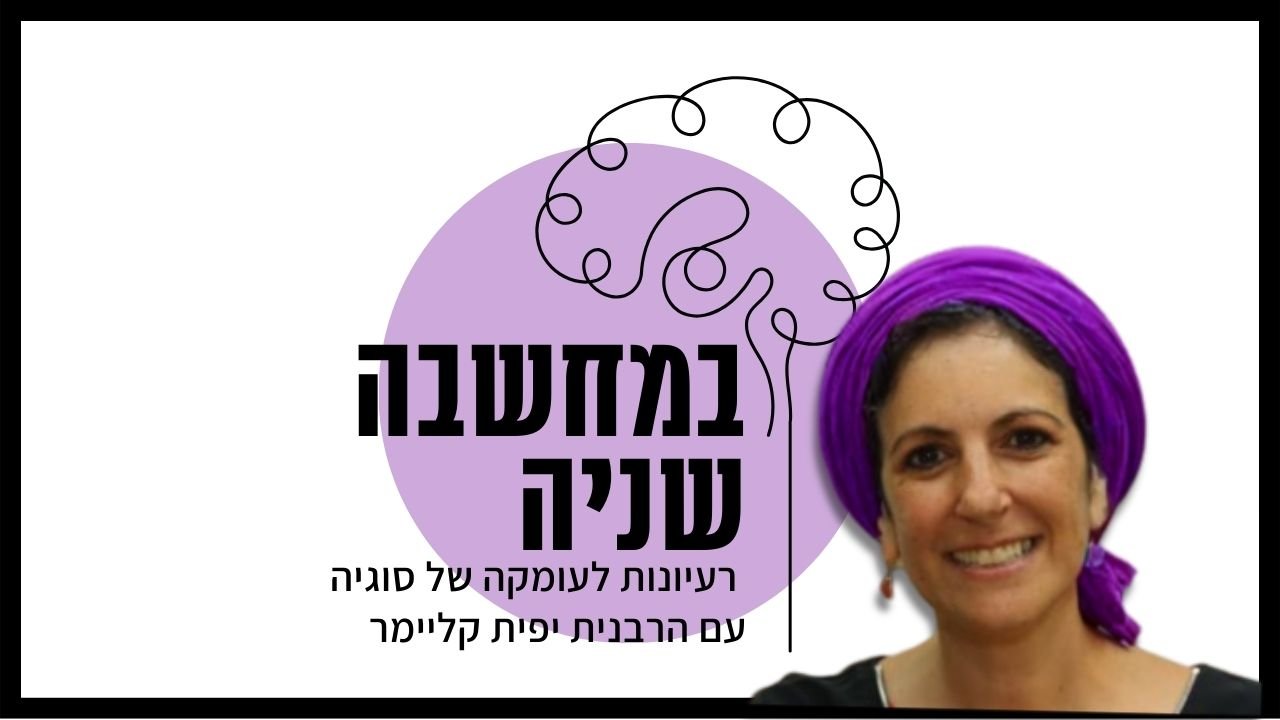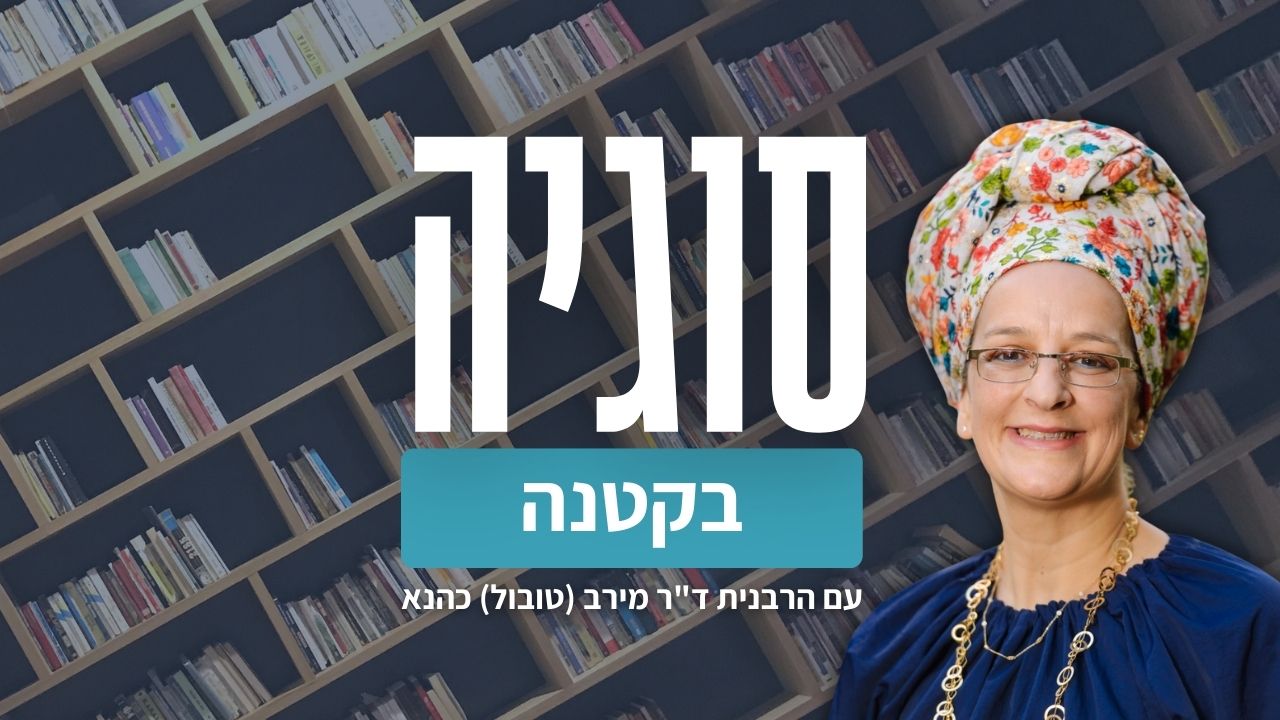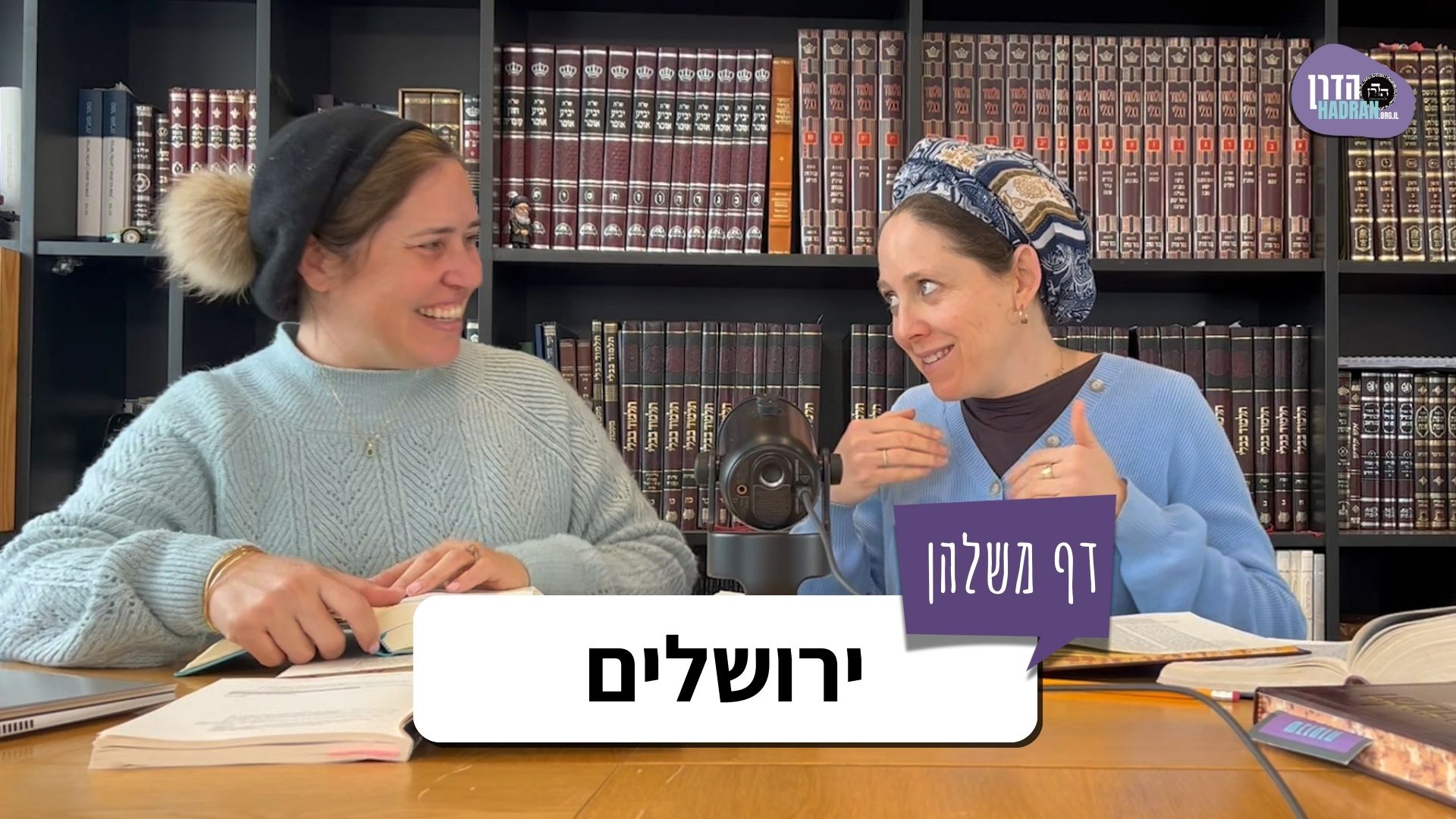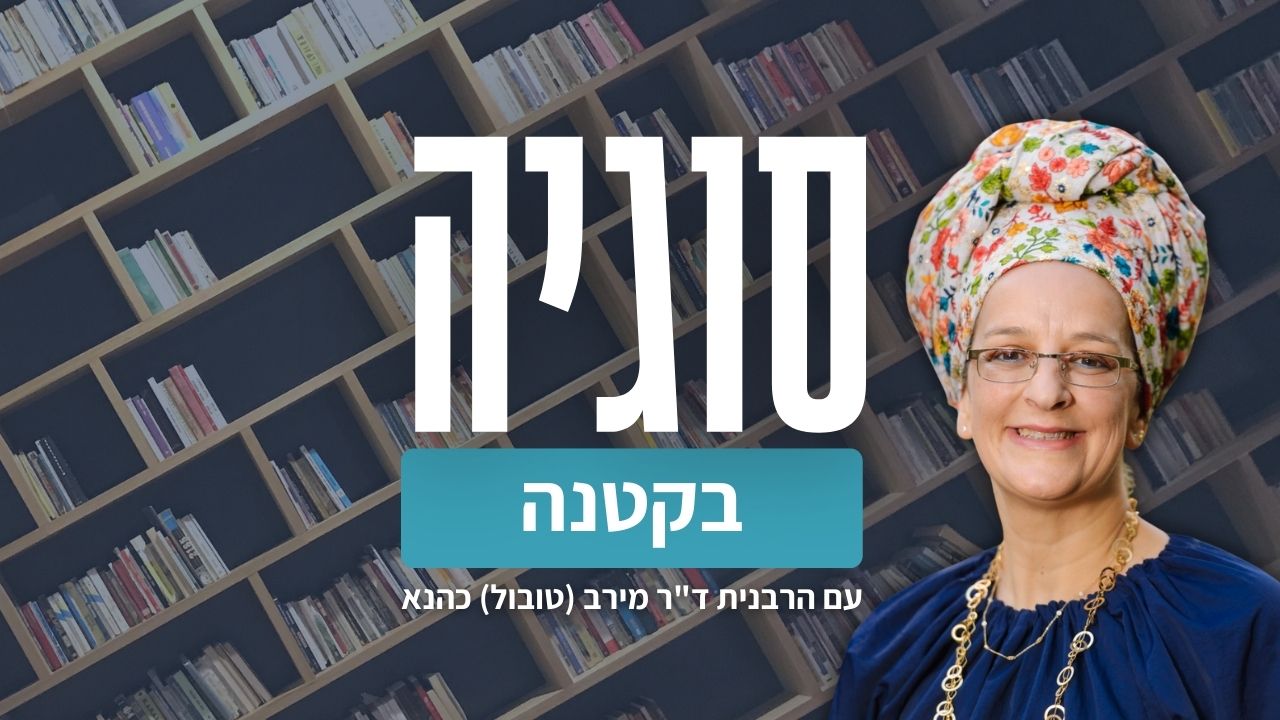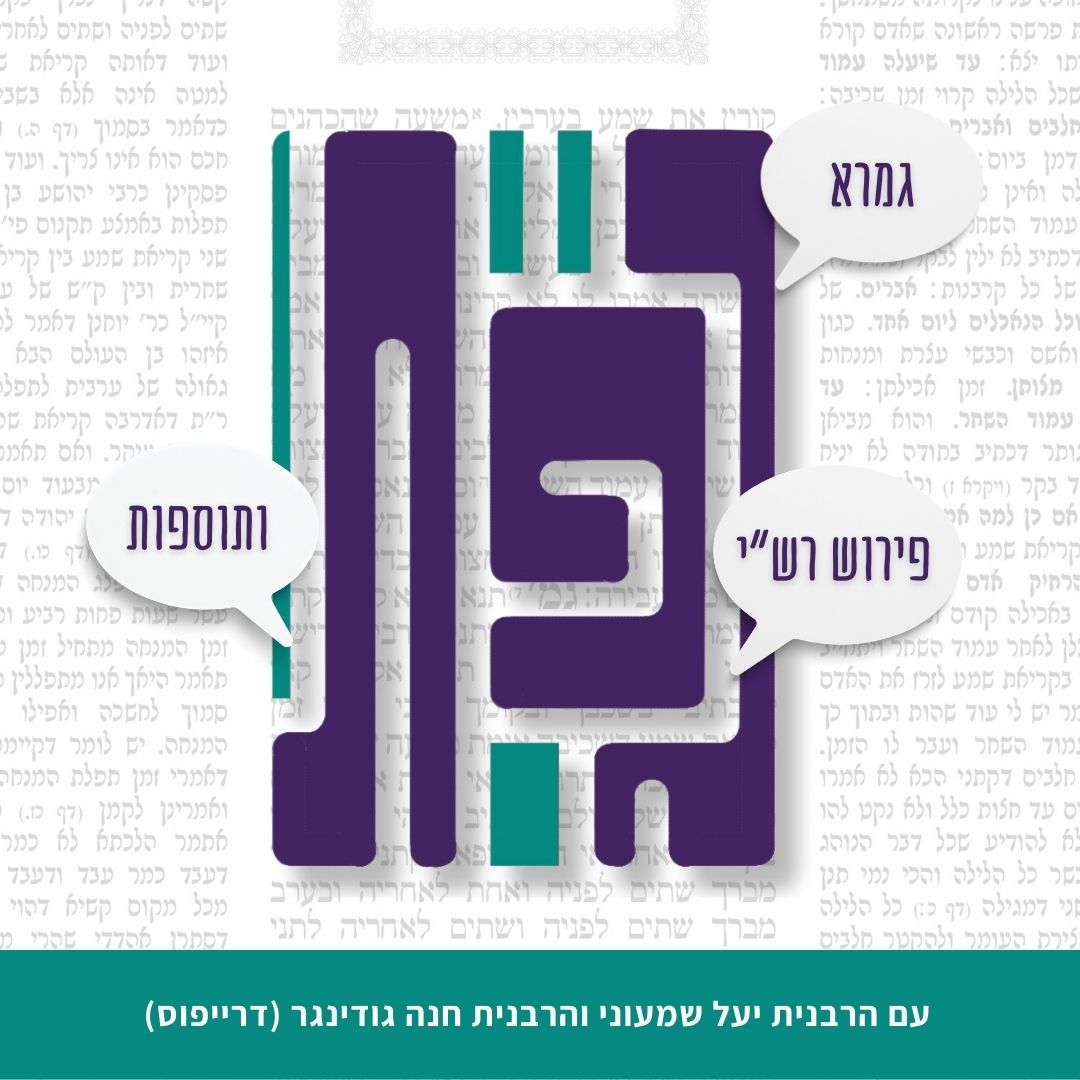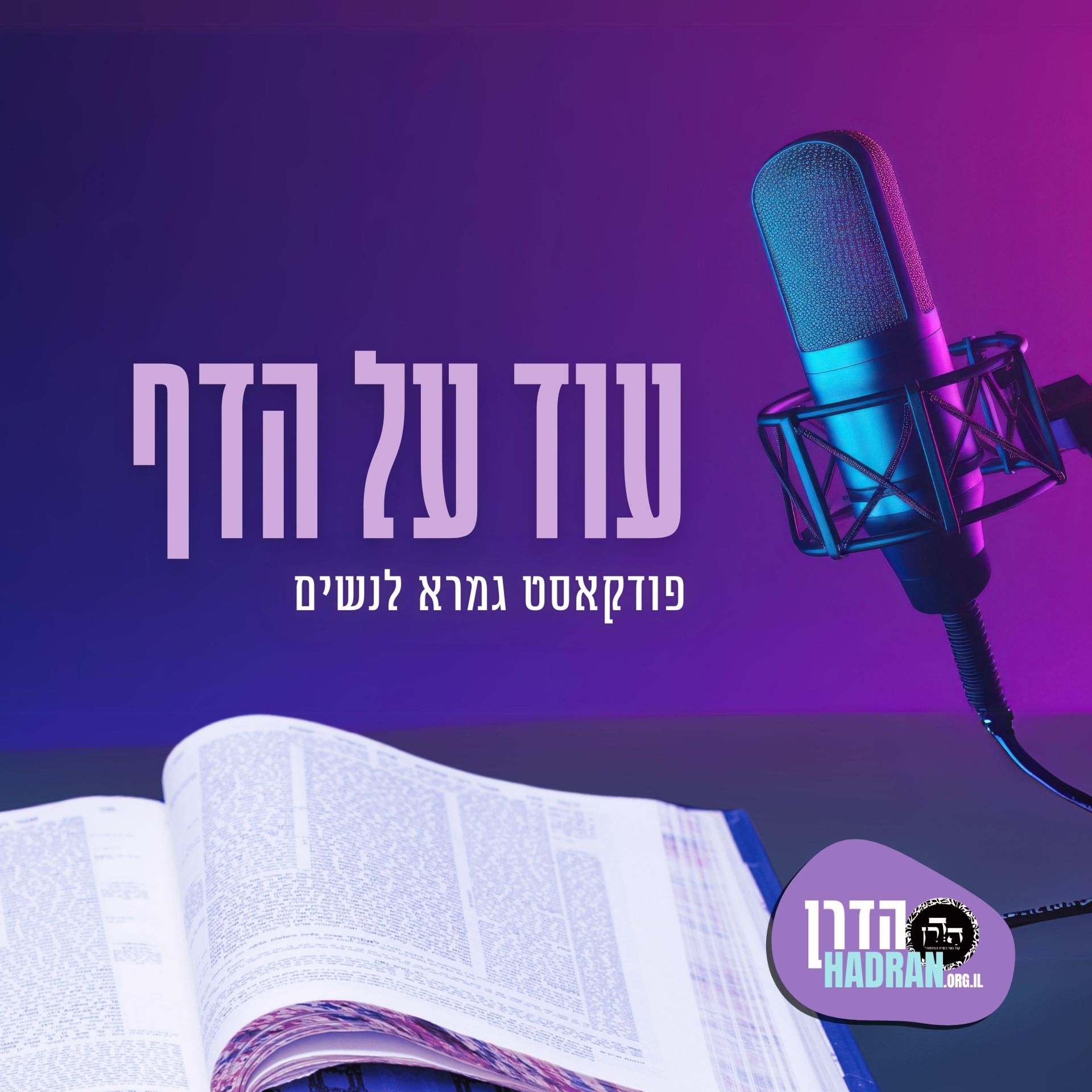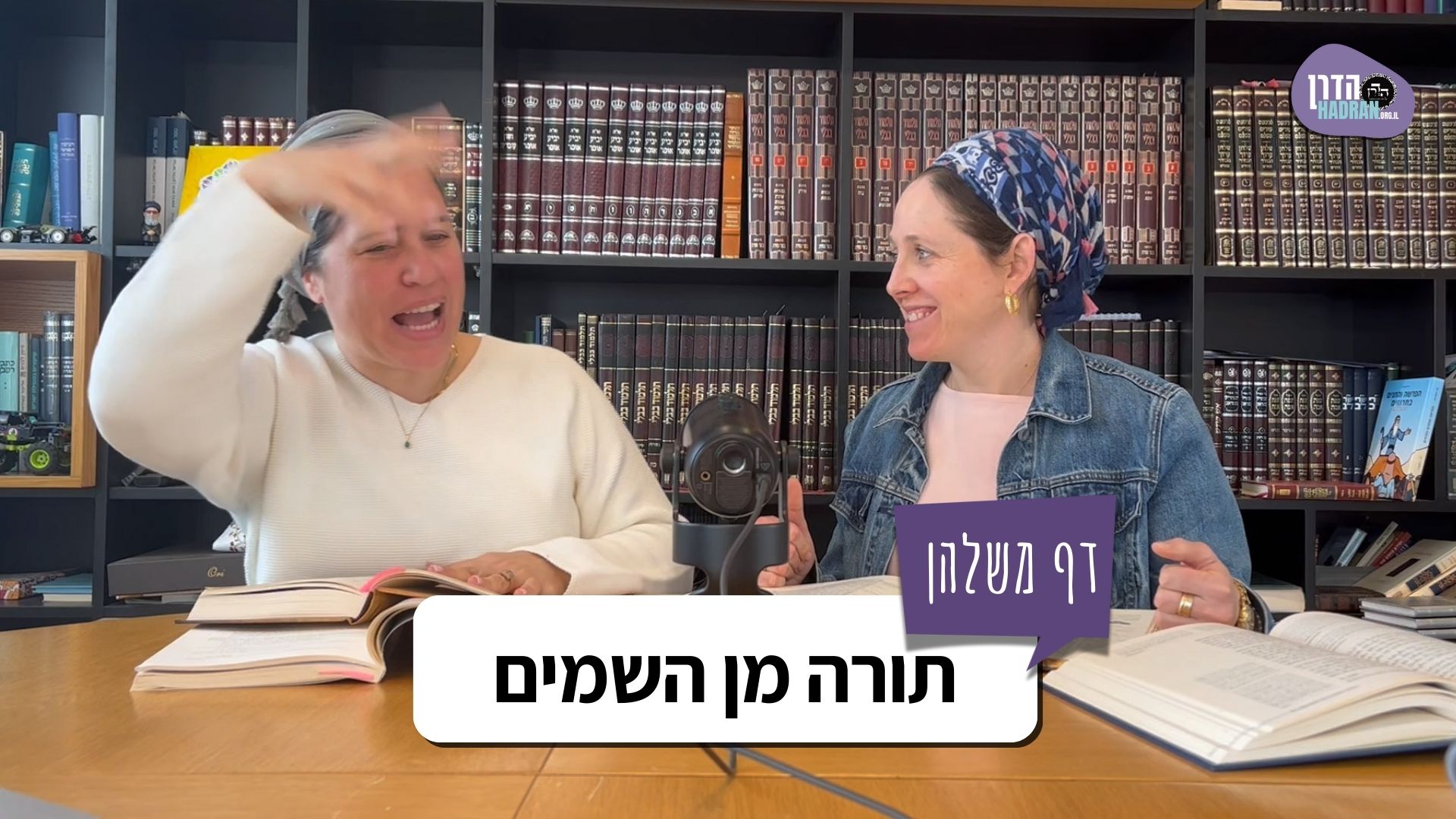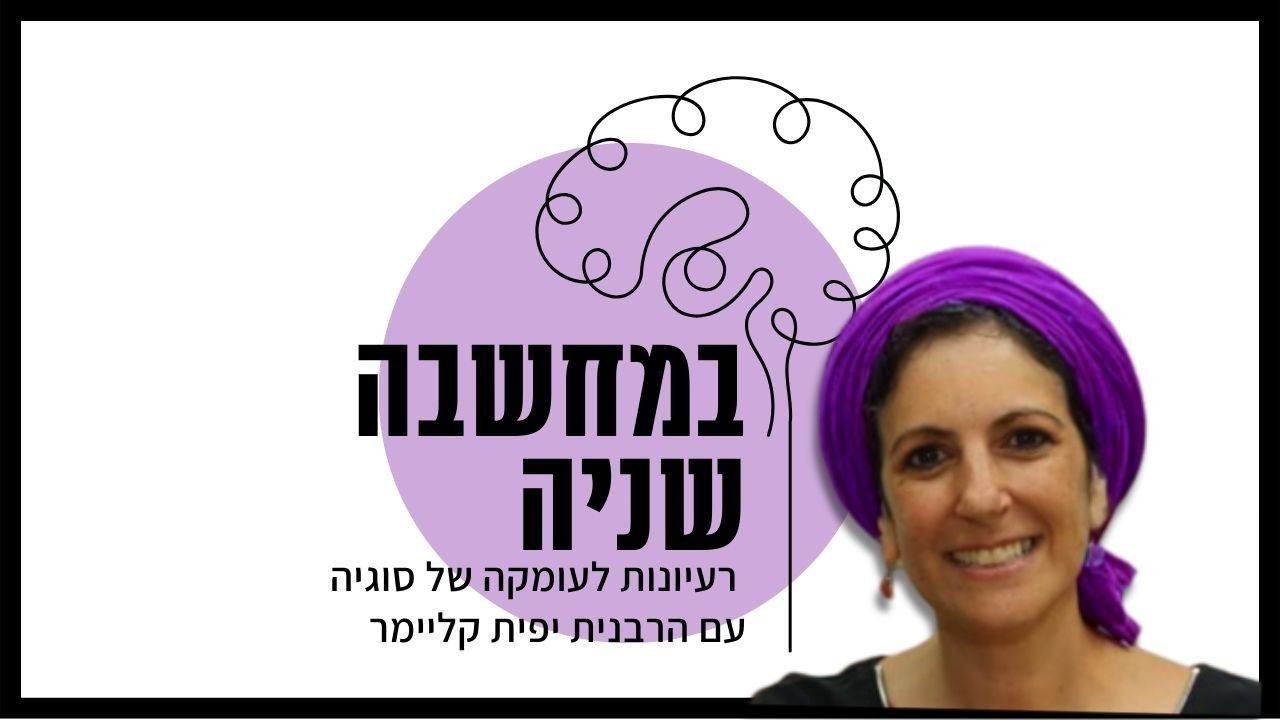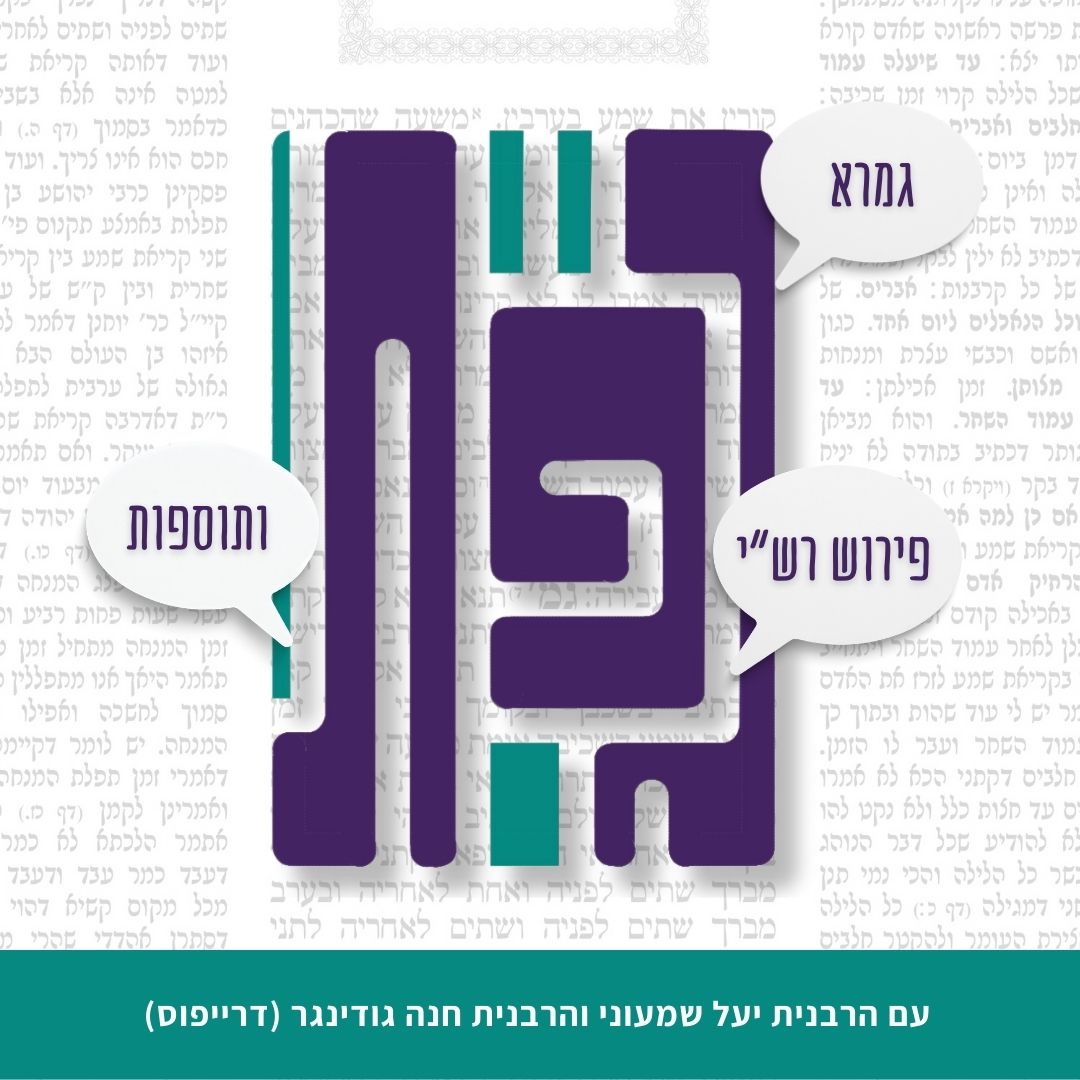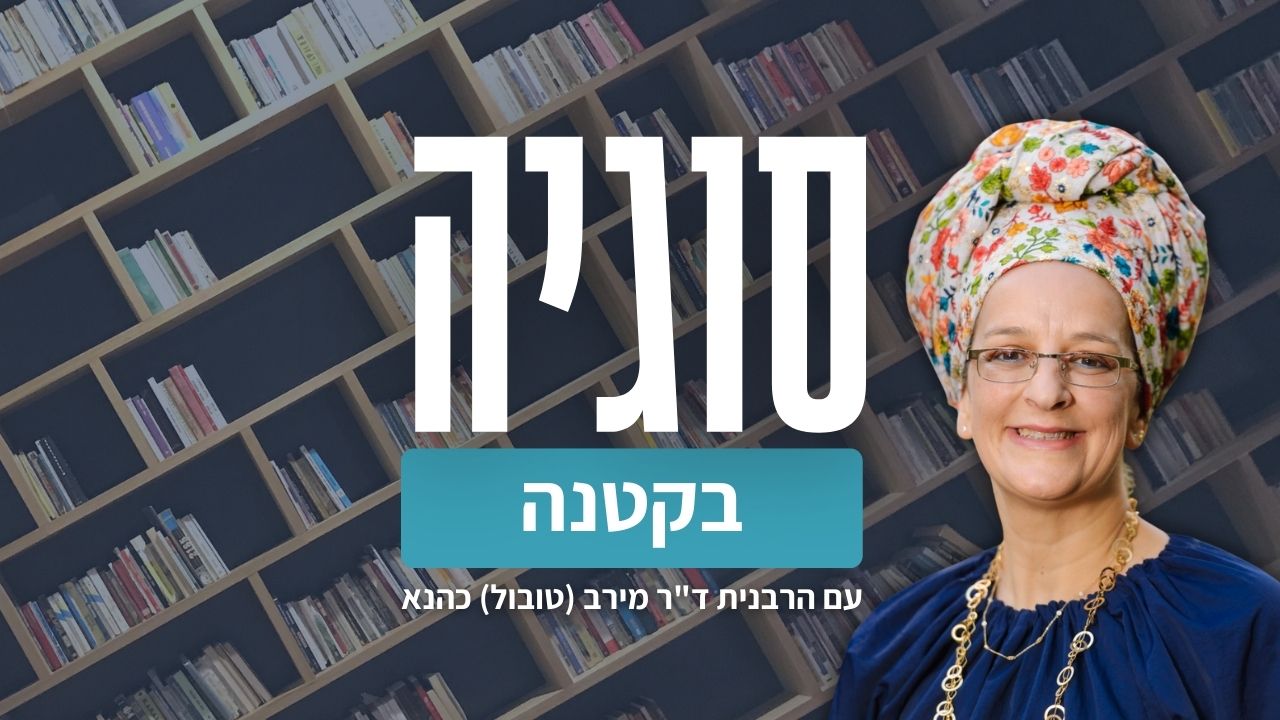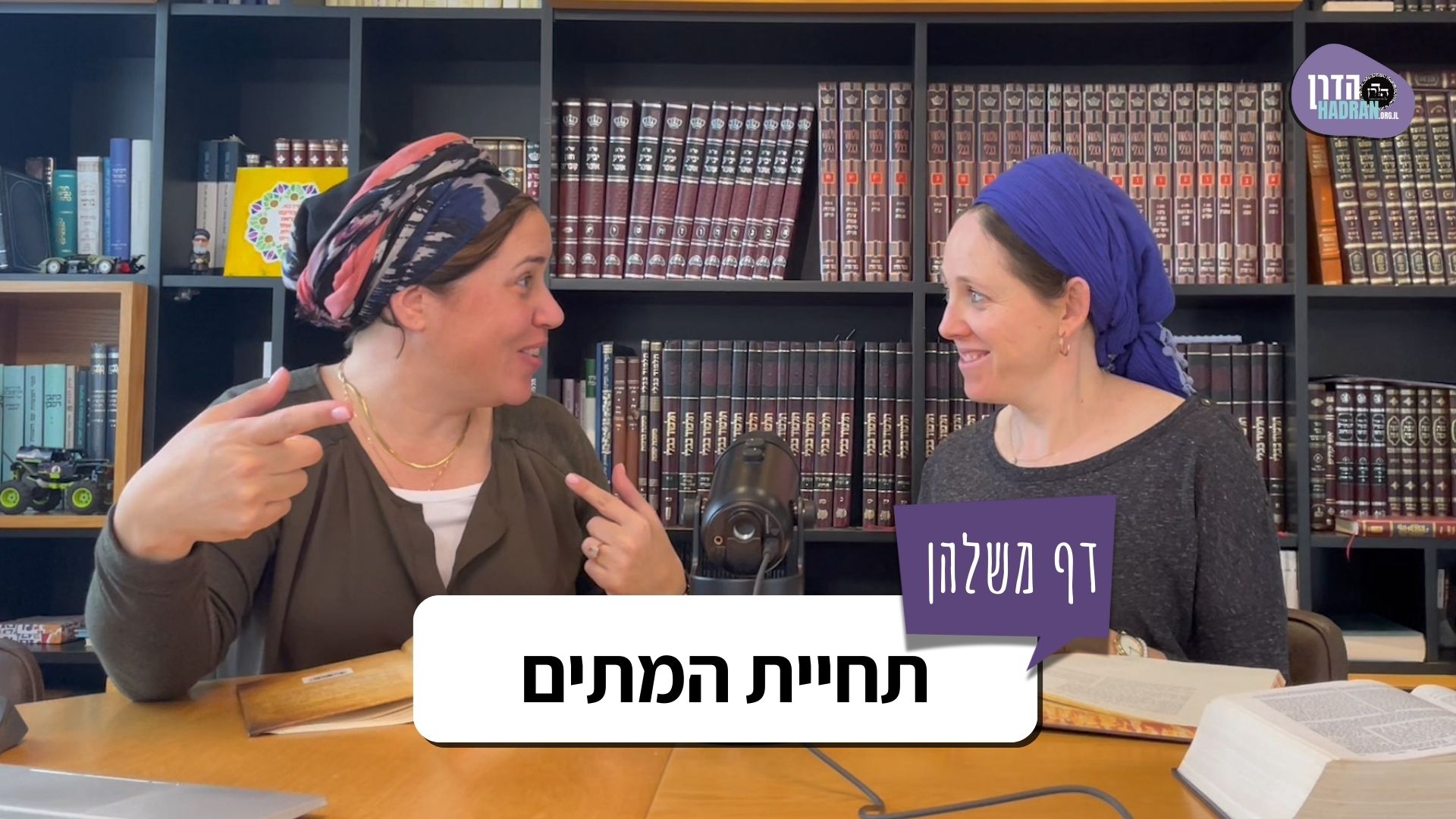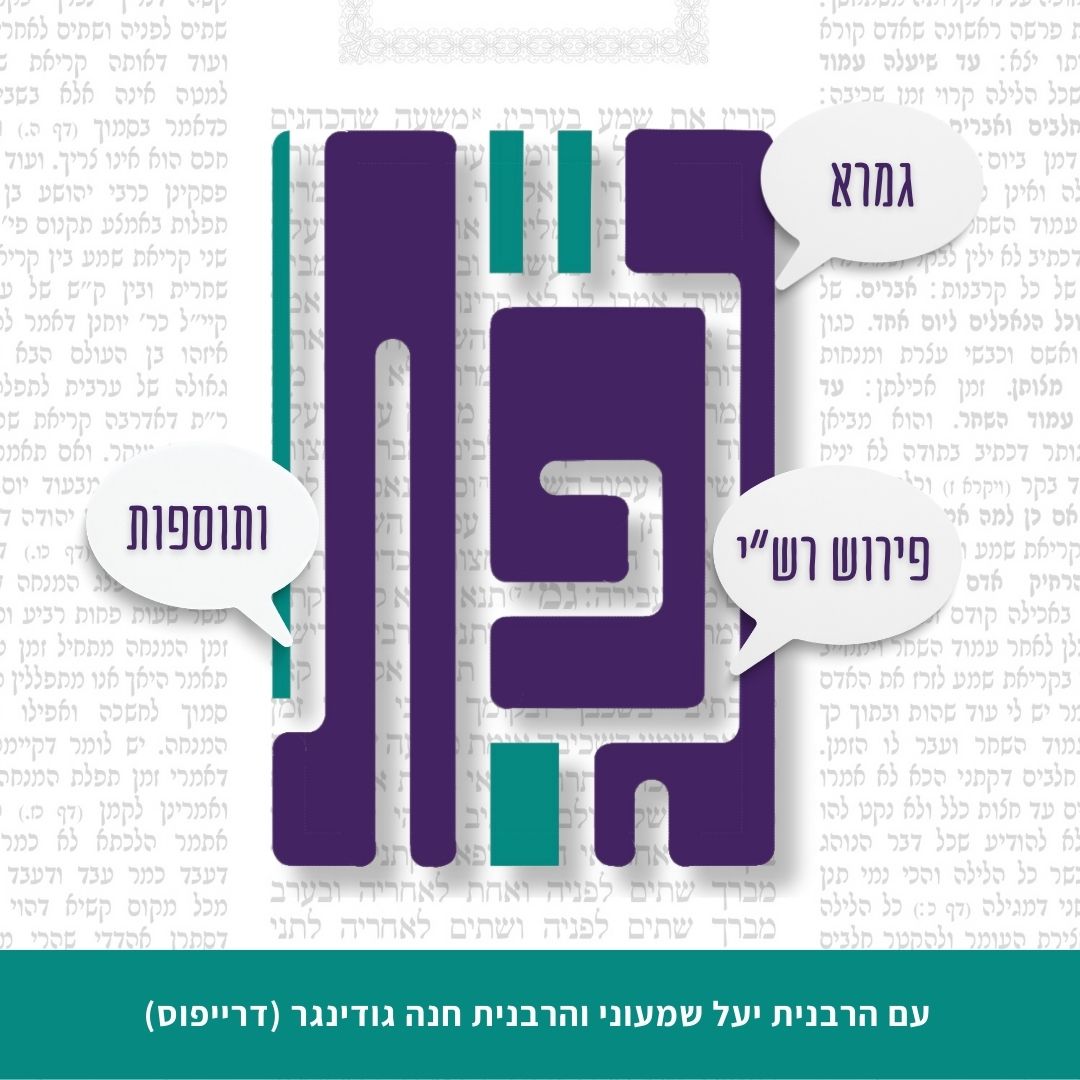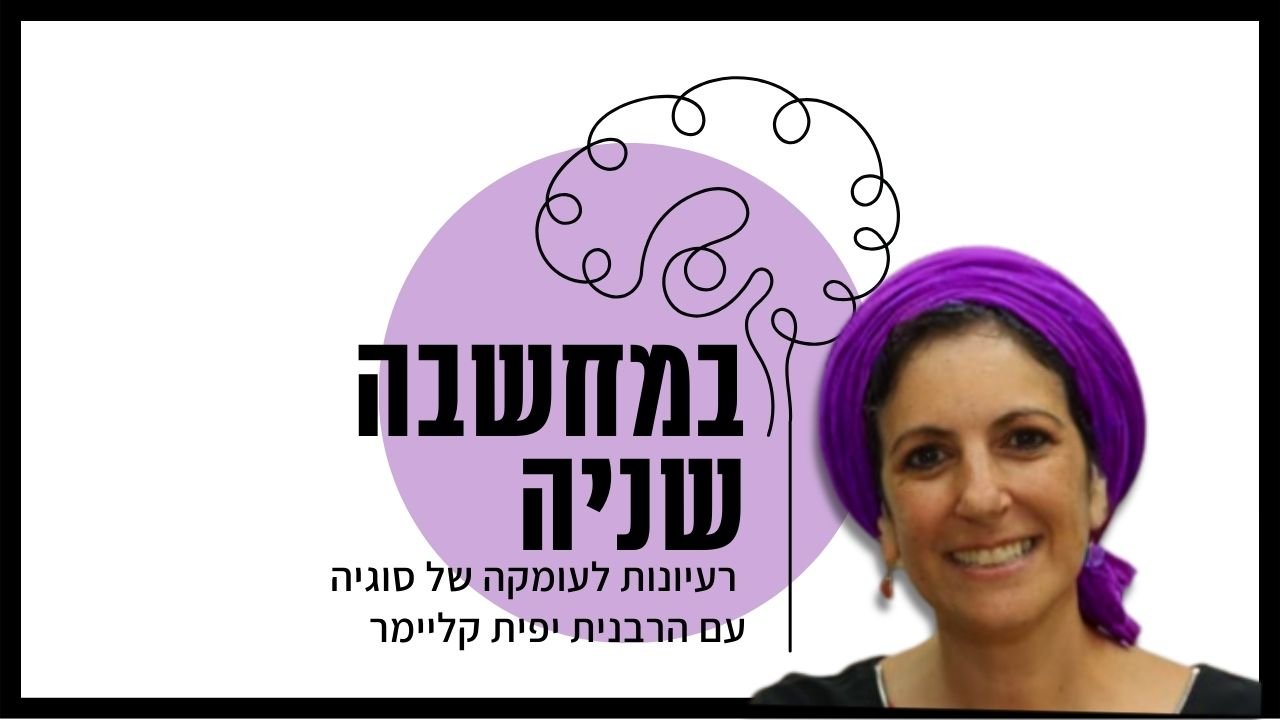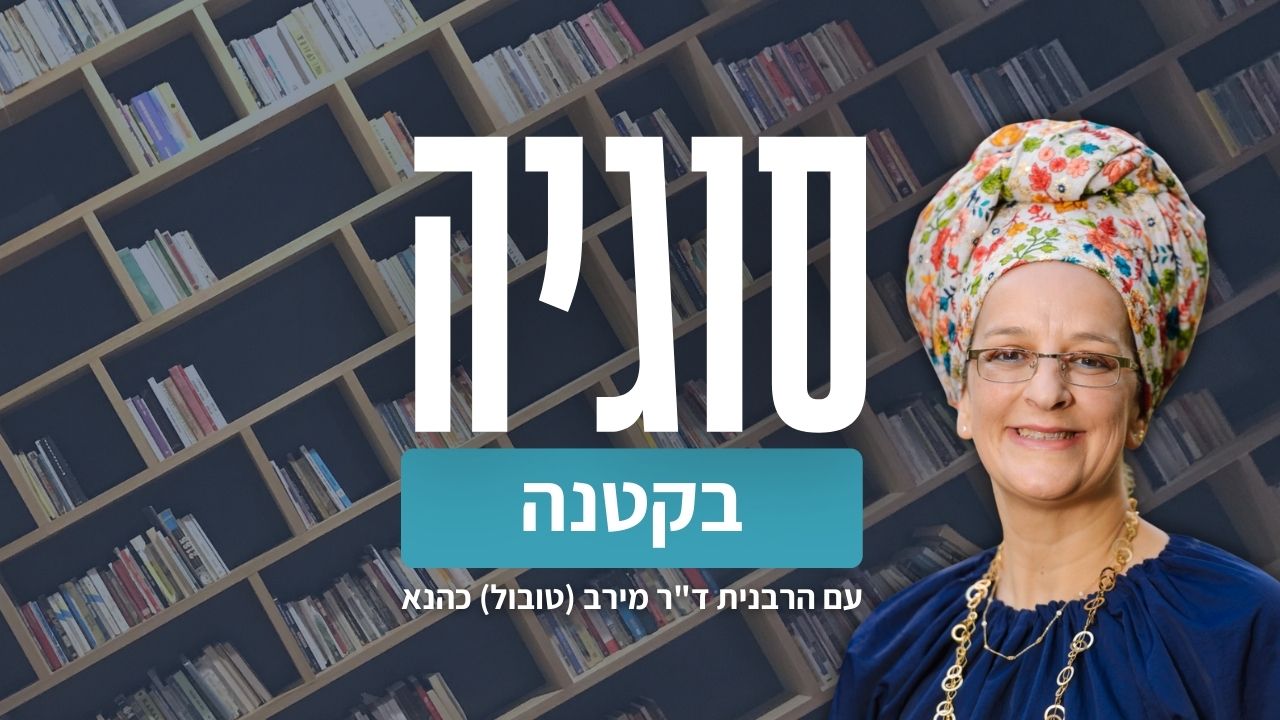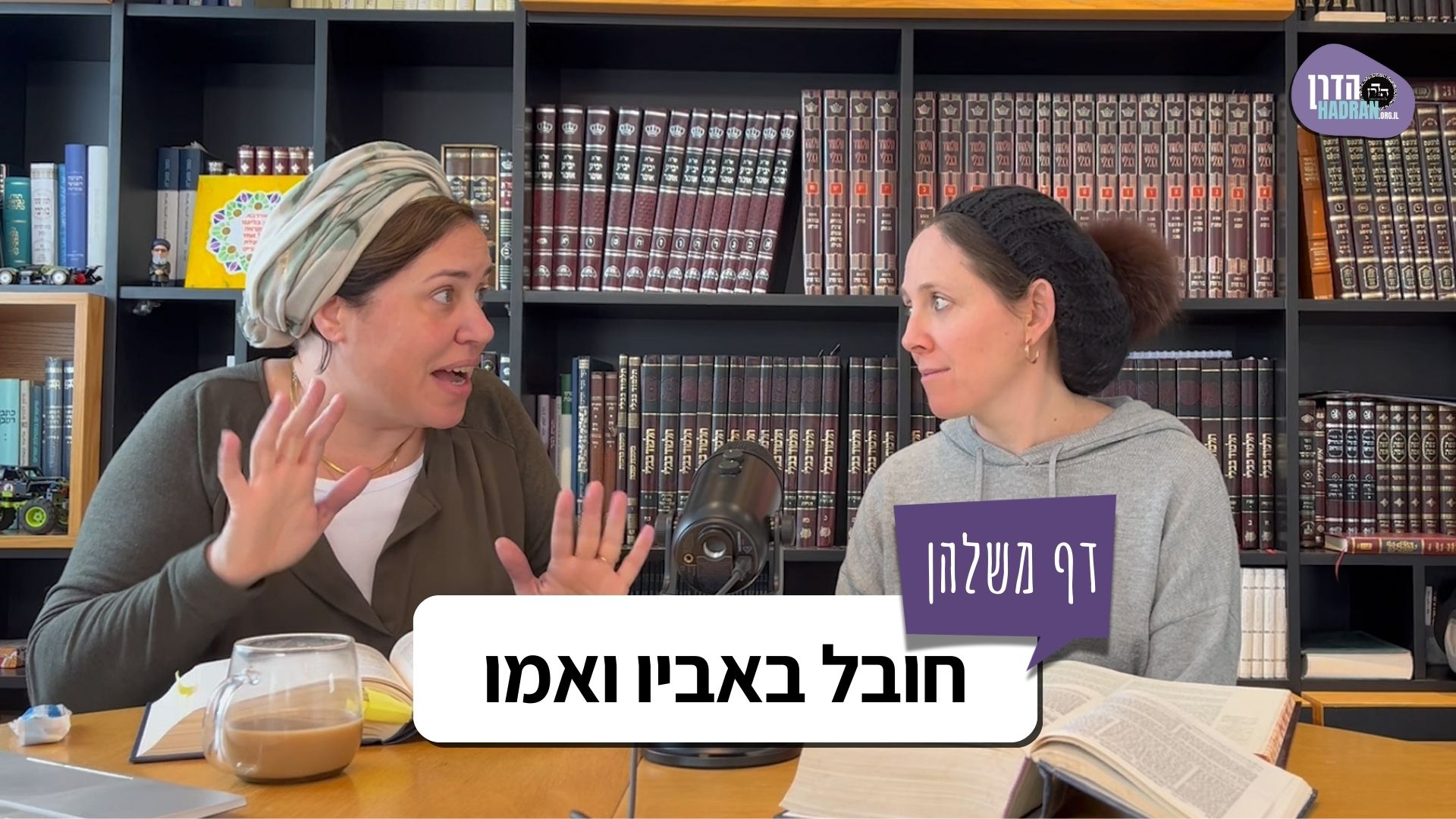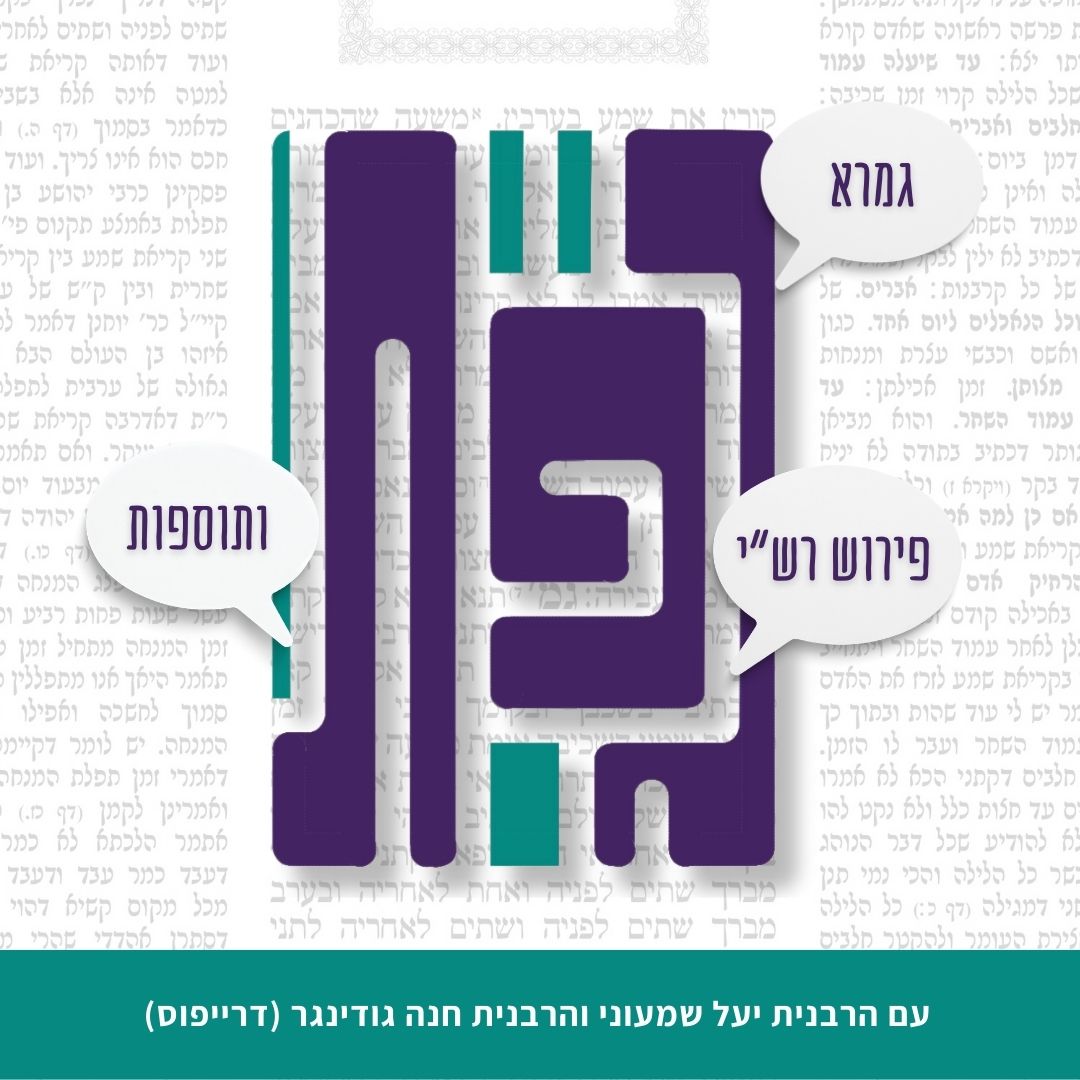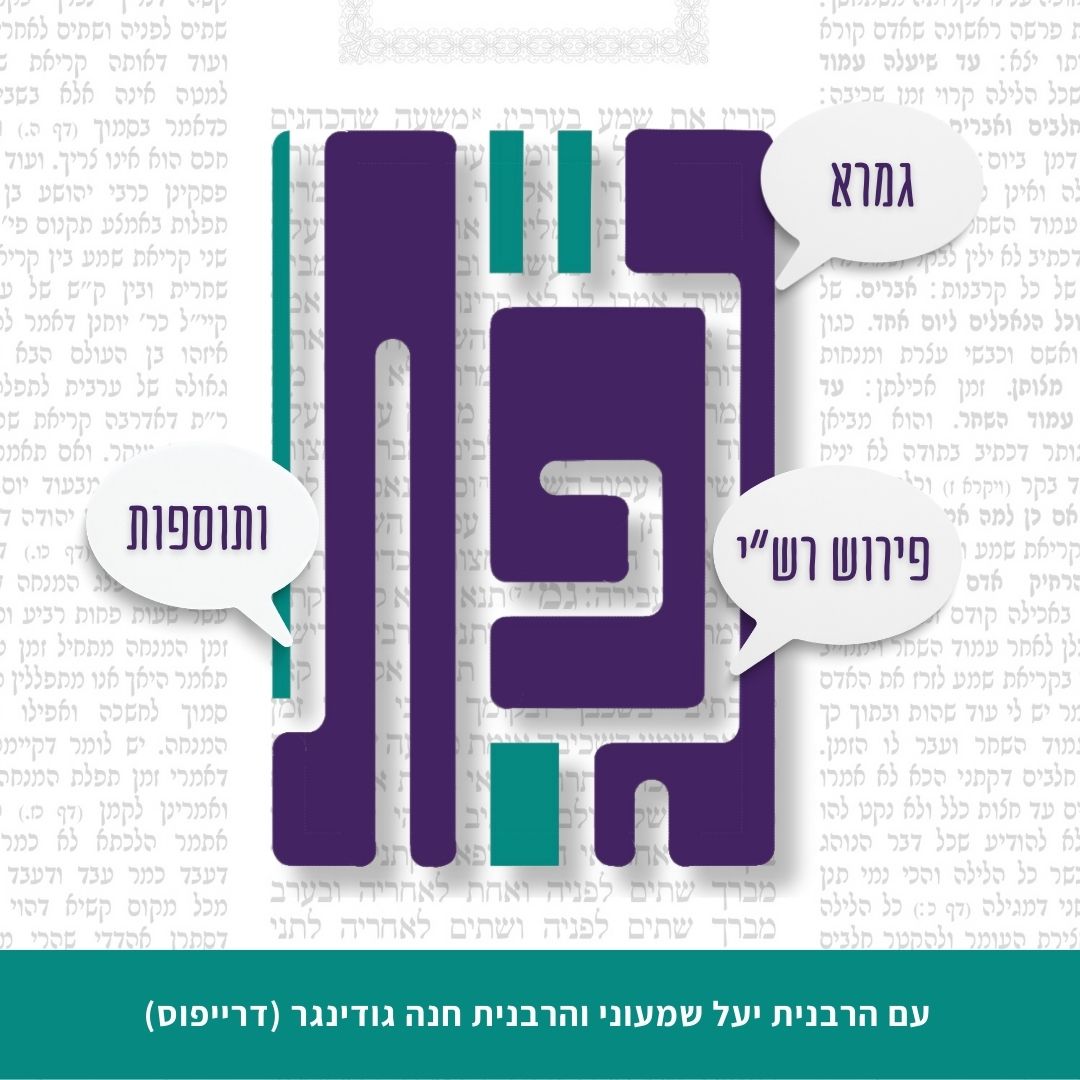סנהדרין ט
דְּאַתְרוֹ בַּיהּ מַלְקוֹת, וְלָא אַתְרוֹ בַּיהּ קַטְלָא.
the witnesses warned her that she would be liable to receive lashes, but they did not warn her that she would be liable to receive the death penalty. In that case, the court would try her for adultery, and if found guilty she would receive lashes and not the death penalty.
וְקָמִיפַּלְגִי בִּפְלוּגְתָּא דְּרַבִּי יִשְׁמָעֵאל וְרַבָּנַן, דִּתְנַן: מַכּוֹת בִּשְׁלֹשָׁה. מִשּׁוּם רַבִּי יִשְׁמָעֵאל אָמְרוּ: בְּעֶשְׂרִים וּשְׁלֹשָׁה.
And they disagree with regard to the issue that is the subject of the dispute between Rabbi Yishmael and the Rabbis, as we learned in the mishna: One who is accused of violating a prohibition that would render him liable to receive lashes must be judged by three judges. In the name of Rabbi Yishmael it was stated: Cases involving lashes must be adjudicated by twenty-three judges. Therefore, Rabbi Meir holds that the case of the defamer may be adjudicated by three judges, because he holds that a court of three may administer lashes. The dissenting opinion, which holds that lashes may be administered only by twenty-three judges, also holds that this case must be adjudicated by a court of twenty-three.
רָבִינָא אָמַר: כְּגוֹן שֶׁנִּמְצָא אֶחָד מִן הָעֵדִים קָרוֹב אוֹ פָּסוּל, וְקָמִיפַּלְגִי בִּפְלוּגְתָּא דְּרַבִּי יוֹסֵי וְרַבִּי, אַלִּיבָּא דְּרַבִּי עֲקִיבָא. דִּתְנַן: רַבִּי עֲקִיבָא אוֹמֵר, לֹא בָּא שְׁלִישִׁי אֶלָּא לְהַחְמִיר עָלָיו, לַעֲשׂוֹת דִּינוֹ כַּיּוֹצֵא בָּאֵלּוּ.
Ravina says a different explanation: The case in the mishna is discussing a situation where one of the witnesses is found to be a close relative or a disqualified witness, but two valid witnesses still remain. And Rabbi Meir and the Rabbis disagree with regard to the issue that is the subject of the dispute between Rabbi Yosei and Rabbi Yehuda HaNasi with regard to the opinion of Rabbi Akiva. As we learned in a mishna (Makkot 5b) that Rabbi Akiva says: When the verse states: “At the mouth of two witnesses, or at the mouth of three witnesses, shall a matter be established” (Deuteronomy 17:6), the third witness is mentioned only to be stringent with him, to make his status like these other two witnesses. If a group of three witnesses is found to be conspiring witnesses, the third one might claim that his testimony was unnecessary and therefore did no harm. The Torah nevertheless imposes upon him the same strict punishment as his peers.
אִם כֵּן עָנַשׁ הַכָּתוּב אֶת הַנִּיטְפָּל לְעוֹבְרֵי עֲבֵירָה כְּעוֹבְרֵי עֲבֵירָה – עַל אַחַת כַּמָּה וְכַמָּה שֶׁיְּשַׁלֵּם שָׂכָר לַנִּיטְפָּל לְעוֹשֵׂה מִצְוָה כְּעוֹשֵׂה מִצְוָה.
Rabbi Akiva elaborates upon the implications of this halakha. If so, the Torah punishes the one who acts as an accessory to transgressors with the same punishment as the primary transgressors. All the more so, God will grant the reward to an individual who acts as an accessory to one who performs a mitzva like the primary one who performs a mitzva, for the measure of good is always greater than the measure of suffering (see Sota 11a).
וּמָה שְׁנַיִם, נִמְצָא אֶחָד מֵהֶן קָרוֹב אוֹ פָּסוּל – עֵדוּתָן בְּטֵלָה, אַף שְׁלֹשָׁה, נִמְצָא אֶחָד מֵהֶן קָרוֹב אוֹ פָּסוּל – עֵדוּתָן בְּטֵלָה. וּמִנַּיִין שֶׁאֲפִילּוּ מֵאָה? תַּלְמוּד לוֹמַר: ״עֵדִים״.
Additionally, this teaches that just as in the case of two witnesses, if one of them is found to be a close relative or a disqualified witness their testimony is nullified, as the single remaining witness is not able to testify alone, so too, in the case of three witnesses, if one of them is found to be a close relative or a disqualified witness their testimony is nullified. And from where is it derived that this applies even to a group of one hundred witnesses? The verse states: “Witnesses.”
אָמַר רַבִּי יוֹסֵי: בַּמֶּה דְּבָרִים אֲמוּרִים? בְּדִינֵי נְפָשׁוֹת, אֲבָל בְּדִינֵי מָמוֹנוֹת תִּתְקַיֵּים עֵדוּת בַּשְּׁאָר. רַבִּי אוֹמֵר: אֶחָד דִּינֵי מָמוֹנוֹת וְאֶחָד דִּינֵי נְפָשׁוֹת, וְאֵימָתַי? בִּזְמַן שֶׁהִתְרוּ בָּהֶן, אֲבָל בִּזְמַן שֶׁלֹּא הִתְרוּ בָּהֶן,
The tanna’im discussed how Rabbi Akiva’s opinion is to be understood. Rabbi Yosei says: In what situation is this statement, that if one of them is found to be a close relative or a disqualified witness their testimony is nullified, said? In cases of capital law. But in cases of monetary law, the testimony may be upheld with the other witnesses. Rabbi Yehuda HaNasi says: Rabbi Akiva’s opinion applies to both cases of monetary law and cases of capital law. And when is this so? When the relatives or disqualified witnesses also warned the transgressors and therefore actively included themselves in the group of witnesses; but when they did not warn the transgressors, they are not counted as witnesses at all.
מָה יַעֲשׂוּ שְׁנֵי אַחִים וְאֶחָד, שֶׁרָאוּ בְּאֶחָד שֶׁהָרַג אֶת הַנֶּפֶשׁ?
If this were not to be so, what should two brothers and one other person do, if they saw someone kill another person? If the mere fact that they saw the event invalidates the testimony, then no one can ever be tried for a transgression committed in the presence of relatives. If one may decide whether or not he will be a witness, one of the brothers may join with the third person in warning the potential transgressor and, thereafter, constitute a pair of valid witnesses. Similarly, the mishna is understood as discussing a case in which a betrothed woman committed adultery, and of the three witnesses, two were brothers. If one of the brothers refrained from warning her, the remaining two witnesses may still testify against her, according to Rabbi Yehuda HaNasi. In this situation, the case must be tried by twenty-three judges. According to Rabbi Yosei the case may be tried by three judges, because with regard to capital law, the two brothers invalidate the testimony merely by seeing the event together.
וְאִיבָּעֵית אֵימָא: כְּגוֹן שֶׁהִתְרוּ בָּהּ אֲחֵרִים, וְלֹא הִתְרוּ בָּהּ עֵדִים. וְקָמִיפַּלְגִי בִּפְלוּגְתָּא דְּרַבִּי יוֹסֵי וְרַבָּנַן, דִּתְנַן: רַבִּי יוֹסֵי אוֹמֵר, לְעוֹלָם אֵינוֹ נֶהֱרָג עַד שֶׁיְּהוּ פִּי שְׁנֵי עֵדָיו מַתְרִין בּוֹ, שֶׁנֶּאֱמַר: ״עַל פִּי שְׁנַיִם עֵדִים״.
And if you wish, say instead: The mishna discusses a case where others warned her, and the witnesses themselves did not warn her. And Rabbi Meir and the Rabbis disagree with regard to the issue that is the subject of the dispute between Rabbi Yosei and the Rabbis. As we learned in a mishna (Makkot 6b), Rabbi Yosei says: A defendant is never executed unless the mouths of his two witnesses are those who warn him, as it is stated: “At the mouth of two witnesses, or at the mouth of three witnesses, shall he that is to die be put to death” (Deuteronomy 17:6). The verse’s emphasis on the phrase “at the mouth of” teaches that the witnesses must issue the warning themselves. Rabbi Meir may agree with Rabbi Yosei that the woman cannot be executed if others gave the warning. Therefore the trial of the defamer needs only three judges, whereas the Rabbis in the mishna agree with the Rabbis in Makkot who disagree with Rabbi Yosei. Since she may be tried for adultery, the case requires twenty-three judges.
וְאִיבָּעֵית אֵימָא: כְּגוֹן דְּאִיתַּכְחוּשׁ בִּבְדִיקוֹת, וְלָא אִיתַּכְחוּשׁ בַּחֲקִירוֹת.
And if you wish, say instead a different explanation: The mishna discusses a case where the testimony about the adultery was found to be contradictory with regard to the examinations concerning minor details of the incident, but the testimony was not found to be contradictory with regard to the interrogations concerning the time and place of the incident, which is the primary substance of the testimony.
וְקָמִיפַּלְגִי בִּפְלוּגְתָּא דְּבֶן זַכַּאי וְרַבָּנַן, דִּתְנַן: מַעֲשֶׂה וּבָדַק בֶּן זַכַּאי בְּעוּקְצֵי תְאֵנִים.
And Rabbi Meir and the Rabbis disagree with regard to the issue that is the subject of the dispute between Rabban Yoḥanan ben Zakkai and the Rabbis. As we learned in a mishna (40a): An incident occurred, and Rabban Yoḥanan ben Zakkai examined the witnesses with regard to the stems of figs, as to their color and shape, in order to expose a contradiction between the witnesses. When he found a discrepancy in their reports about the figs, he dismissed the testimony. Rabbi Meir adopts this opinion, and therefore a woman cannot be tried for adultery if the witnesses disagree about details like these. The Rabbis accept such testimony, and consequently, they require a court of twenty-three judges.
אָמַר רַב יוֹסֵף: הֵבִיא הַבַּעַל עֵדִים שֶׁזִּינְּתָה, וְהֵבִיא הָאָב עֵדִים וֶהֱזִימּוּם לְעֵדֵי הַבַּעַל, עֵדֵי הַבַּעַל נֶהֱרָגִין וְאֵין מְשַׁלְּמִין מָמוֹן.
§ The Gemara discusses scenarios concerning the testimony about a woman’s committing adultery and allegations that the husband is guilty of defamation. Rav Yosef says: If the husband brought witnesses who testified that his wife committed adultery, and the wife’s father brought witnesses, and they testified that the husband’s witnesses were conspiring witnesses, then the husband’s witnesses are executed, but they or their estates do not pay money. Although their testimony, if accepted, would also have lowered the value of her marriage contract, they do not incur liability, based on the principle that if someone commits a transgression that renders him liable to receive more than one punishment, he receives the greater punishment.
חָזַר וְהֵבִיא הַבַּעַל עֵדִים, וֶהֱזִימּוּם לְעֵדֵי הָאָב. עֵדֵי הָאָב נֶהֱרָגִין, וּמְשַׁלְּמִין מָמוֹן. מָמוֹן לָזֶה, וּנְפָשׁוֹת לָזֶה.
If the husband came back before his witnesses were executed and brought new witnesses, and they testified that the father’s witnesses were conspiring witnesses, the father’s witnesses are executed, and they must also pay money to the husband, as they attempted to make him liable to pay the fine for defamation. They are not exempt from the payment because the money is for this victim, i.e., the husband, and their lives are for that set of witnesses, who would have been killed. Since their liability to receive the death penalty and their financial liability were caused by their offenses against different people, these are deemed separate transgressions, and consequently they receive both punishments.
וְאָמַר רַב יוֹסֵף: ״פְּלוֹנִי רְבָעוֹ לְאוֹנְסוֹ״ – הוּא וְאַחֵר מִצְטָרְפִין לְהׇרְגוֹ.
And Rav Yosef also says, with regard to distinguishing between the different aspects of a single testimony: If a man testifies that so-and-so sodomized him against his will, he and another witness may combine as a valid pair of witnesses to kill the defendant for the sin of homosexual sodomy (see Leviticus 18:22).
״לִרְצוֹנוֹ״ – רָשָׁע הוּא, וְהַתּוֹרָה אָמְרָה: ״אַל תָּשֶׁת רָשָׁע עֵד״. רָבָא אָמַר: אָדָם קָרוֹב אֵצֶל עַצְמוֹ, וְאֵין אָדָם מֵשִׂים עַצְמוֹ רָשָׁע.
But if the one who was sodomized testified that the accused sodomized him with his consent, he is testifying that he himself is wicked, having been complicit in the forbidden act, and the Torah said: “Do not put your hand with a wicked person to be an unrighteous witness” (Exodus 23:1). Therefore, the testimony is rejected. Rava says: A person is his own relative and therefore may not testify about himself. Therefore, a person cannot render himself wicked by his own testimony. As a result, he is deemed credible with regard to the sodomizer, but not with regard to himself. He remains a valid witness to convict the sodomizer in combination with another.
אָמַר רָבָא:
And similarly, Rava says:

